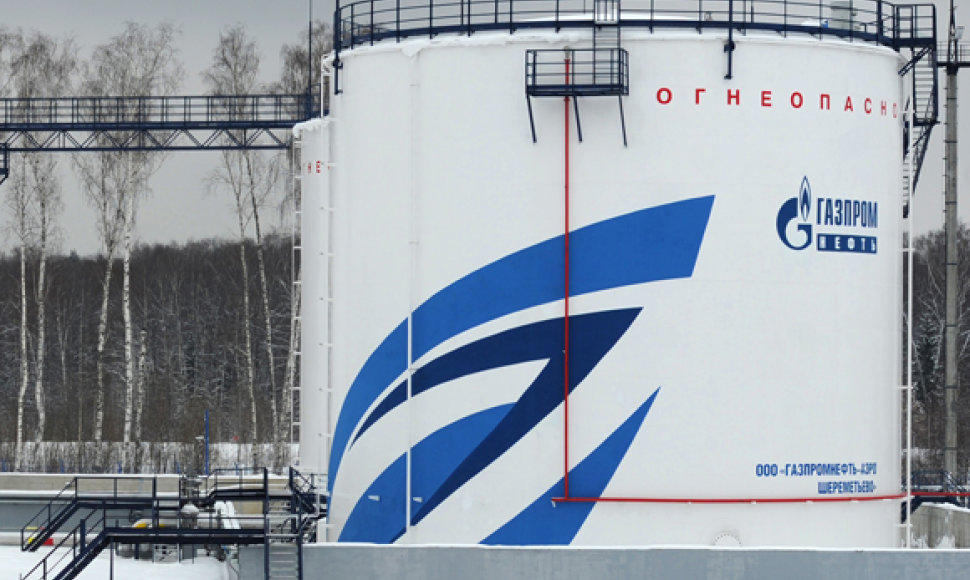"Europe is one of the biggest users of Gazprom's gas, and it will be not very wise for Gazprom not to find ways to react reasonably to this very clear legal signal from its customers. The only thing it needs to do is immediately change its pricing policy and, possibly, like it has done with other countries, discuss compensating for at least part of the losses incurred in the past due to its pricing policy," he told the Žinių Radijas radio station.
Kubilius did not say what amount of losses he was talking about.
"I'd expect that Gazprom will have enough common sense to understand that this is no longer a dispute with Lithuania or its Prime Minister Kubilius, or (Energy) Minister (Arvydas) Sekmokas, but it is a dispute with the European Union, which considers it necessary to defend one of its framework provisions, that is, the implementation of so-called third package and the liberalization and transparency of the gas market. Therefore, this dispute is set to become the most serious one," he said.
Kubilius said that there have been precedents in Europe where companies had to pay heavy fines for similar violations.
"The European Commission brought such cases against the information technology giants Microsoft and Intel for breaching European antitrust legislation, which resulted in huge fines for these companies. Eventually, these companies had to accept the EU's demands and operate in accordance with European competition rules," he said.
The daily Lietuvos Rytas reports on Thursday that Gazprom will have four months to analyze official claims. If the allegations prove to be true, Gazprom may face a fine of up to 10 percent of its annual revenue. The Russian group's revenues from gas sales in foreign countries last year reached around 57 billion US dollars. Therefore, the maximum fine could be up to 5.7 billion dollars.
Typically, similar EU investigations take a long time, but this case is being treated as a matter of priority, which is a bad sign for Gazprom, according to Russian business media.
"If its liability is proven, it will severely hamper the monopolist's operation in foreign markets. The main problem for the company is not even possible fines, but the obligation to revise contracts based on other pricing formulas," the daily quoted Vitaly Kryukov of IFD Kapital as saying.
In any case, the gas giant does not intend to "lay down arms", nor does it plan to cut gas prices for European consumers. The Russian Economic Development Ministry and Gazprom last week released a gas price forecast for EU buyers, under which the price will be 316.6 dollars per 1,000 cubic meters in 2013, 351.7 dollars in 2014 and 366.1 dollars in 2015.
At the current exchange rate, that would be almost 1,000 litas. Lithuania last month paid 1,578 litas per 1,000 cubic meters, including capacity and transportation charges, which was the highest price in the EU.












